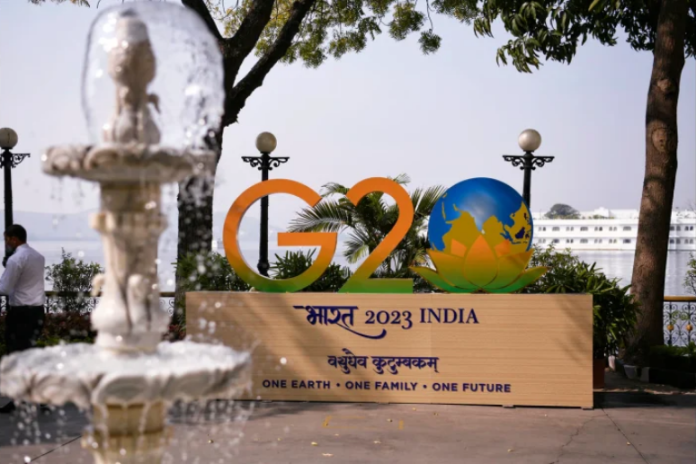From Mahnoor Makhdoom
BEIJING: China on Friday opposed the G20 tourism summit being held in the Indian Illegally Occupied Jammu and Kashmir (IIOJK), saying that it will not be a part of it.
India is set to chair this year’s G20 meeting and organised a number of meetings across the country in the run-up to the summit in New Delhi in September. “China is firmly opposed to holding any kind of G20 meetings in disputed territory, and will not attend such meetings,” Chinese Foreign Ministry spokesperson Wang Wenbin said.
India revoked the special status of the occupied territory on August 5, 2019. Ties between both countries were strained in 2020 when a military clash in Ladakh took place, killing 24 soldiers. The G20 summit will take place in IIOJK’s capital Srinagar, hostingthe tourism working group for G20 members. It is scheduled to take place on May 22-24.
Pakistan has also opposed New Delhi’s decision to hold the meeting in the illegally held Kashmir.
Thursday, addressing weekly press briefing, Pakistan’s Foreign Office Spokesperson Mumtaz Zahra Baloch said that Kashmir is an internationally recognised conflict, emphasising that holding the G20 meeting in the occupied valley would be inappropriate. Furthermore, the spokesperson dismissed the US report on religious freedom.
Ms Baloch welcomed the important statement made by the UN Special Rapporteur on Minority Affairs on the situation in Indian Illegally Occupied Jammu and Kashmir. She pointed out that the Special Rapporteur in his statement has warned against Indian plans to hold the G-20 Tourism Working Group meeting in Srinagar.
She said we agree with the Special Rapporteur that the situation in Indian illegally occupied Jammu and Kashmir should be decried and condemned and not pushed under the rug and ignored with the holding of the G-20 meeting. She asked the G-20 members to pay due attention to these observations and sage advice.
The spokesperson said Pakistan has a principled position on Jammu and Kashmir dispute which is rooted in the UN Security Council resolutions which call for its solution on the basis of the aspirations of Kashmir people under the UN supervised plebiscite.
She categorically stated that Pakistan’s position on Jammu and Kashmir dispute has not changed.
She also strongly rejected the baseless assertions made about Pakistan in the International Religious Freedom Report released by the United States and said that such ill-informed reporting exercises about internal affairs of sovereign states are pointless, irresponsible and counterproductive.
Responding to the reservations, India has said that it is free to holdmeetings on its own territory. “Peace and tranquillity on its border are essential for normal ties with China,” it said.




